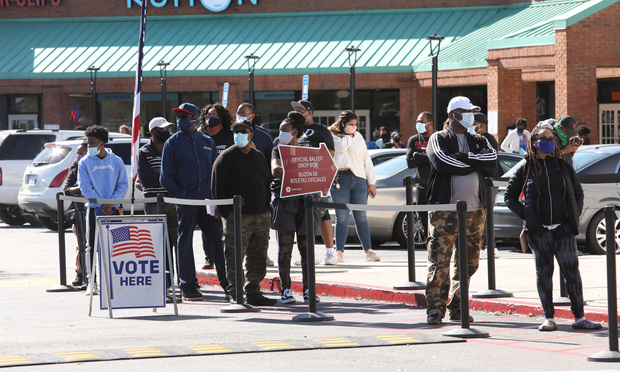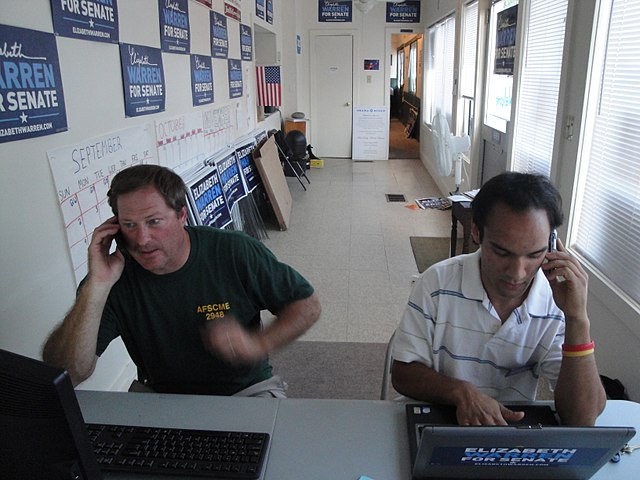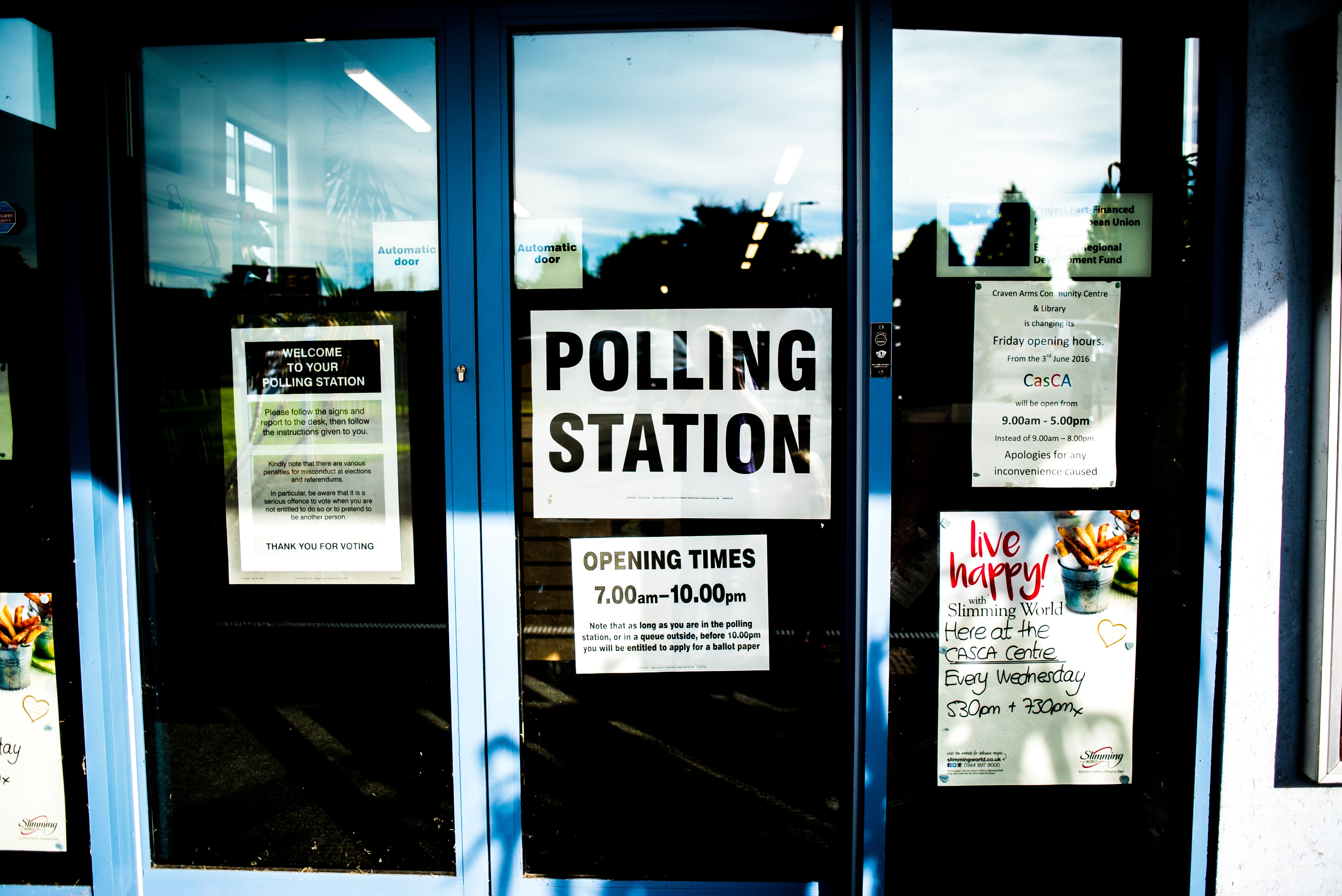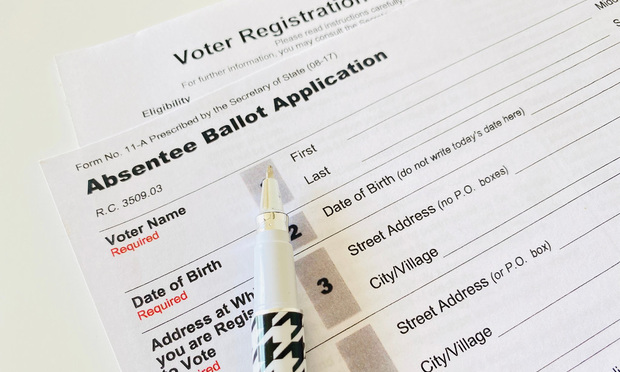© 2025 ALM Global, LLC, All Rights Reserved. Request academic re-use from www.copyright.com. All other uses, submit a request to [email protected]. For more information visit Asset & Logo Licensing.
Trending Stories
Events
- ConsultingConsulting Top Consultants 2025June 26, 2025 - New YorkConsulting Magazine identifies consultants that have the biggest impact on their clients, firms and the profession.More Information
- Real EstateGlobeSt. ELITE Women of Influence (WOI) 2025July 21, 2025 - DenverGlobeSt. Women of Influence Conference celebrates the women who drive the commercial real estate industry forward.More Information
- Real EstateGlobeSt. Multifamily Fall 2025October 15, 2025 - Los AngelesJoin the industry's top owners, investors, developers, brokers & financiers at THE MULTIFAMILY EVENT OF THE YEAR!More Information
Recommended Stories
Think like the audience: A Q&A with 'The Office's' B.J. Novak
By Emily Payne | May 07, 2025
In a one-on-one conversation with editor-in-chief Paul Wilson, Novak shared lessons he’d learned from his work both in front of and behind the camera.
Beware the sin of certainty: the role of elevated advisors
By Justin Leader | May 05, 2025
My Advisor of the Year finalist nomination fills me with gratitude, but more importantly, it prompts introspection about what this honor truly signifies.
Meaningful change
By Paul Wilson | May 02, 2025
At a crossroad and facing an endless list of daunting challenges, how can benefits advisors and their partners truly make a difference?
Resource Center

Report
Sponsored by New Benefits
Employer Trends Across the Benefits Landscape: An HR Pulse Survey
Rising costs & low engagement challenge employers. This HR Pulse Survey reveals key trends from HR leaders across various industries and looks at the opportunities for brokers to elevate service, address pain points, and demonstrate ROI, especially with non-insured benefits.

Guide
Sponsored by New Benefits
Identifying Benefits Blind Spots: 3 Steps to Building a Well-Rounded Benefits Playbook
Clients expect strategic advice, not just sales. This guide reveals 3 steps to audit benefits, fill gaps, and present holistic strategies that meet client goals and employee needs--positioning employee benefits brokers as trusted advisors.

Guide
Sponsored by ArmadaCare
Benefit Strategy Savers: A Broker's Guide to Solving 2025 Benefit Challenges
Discover how employer-paid supplemental health benefits can help close coverage gaps, reduce out-of-pocket costs, and boost retention!











